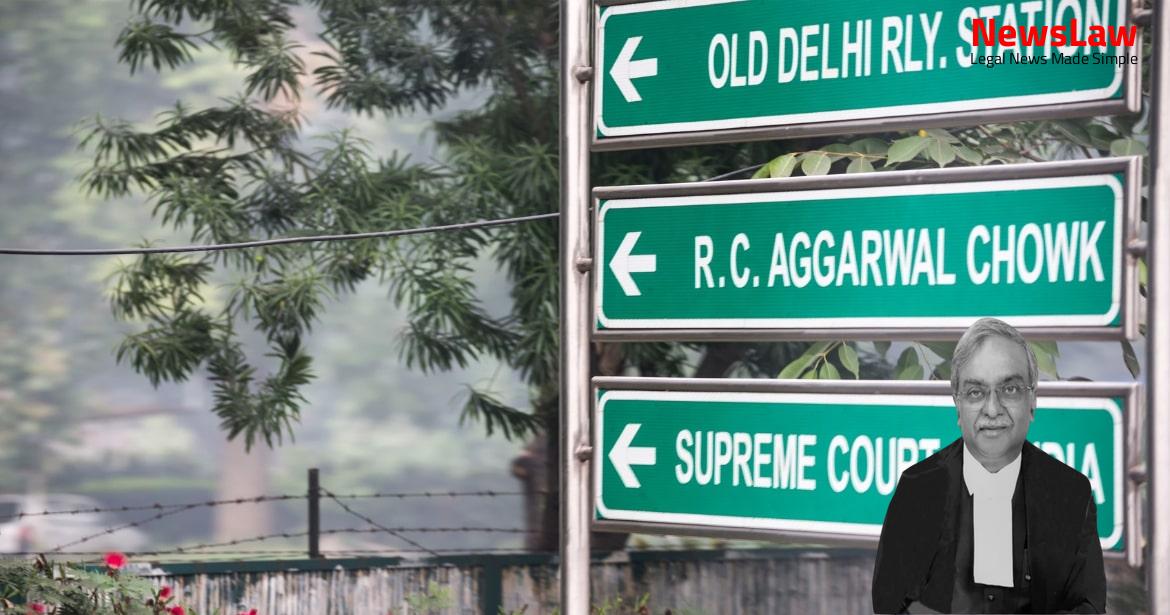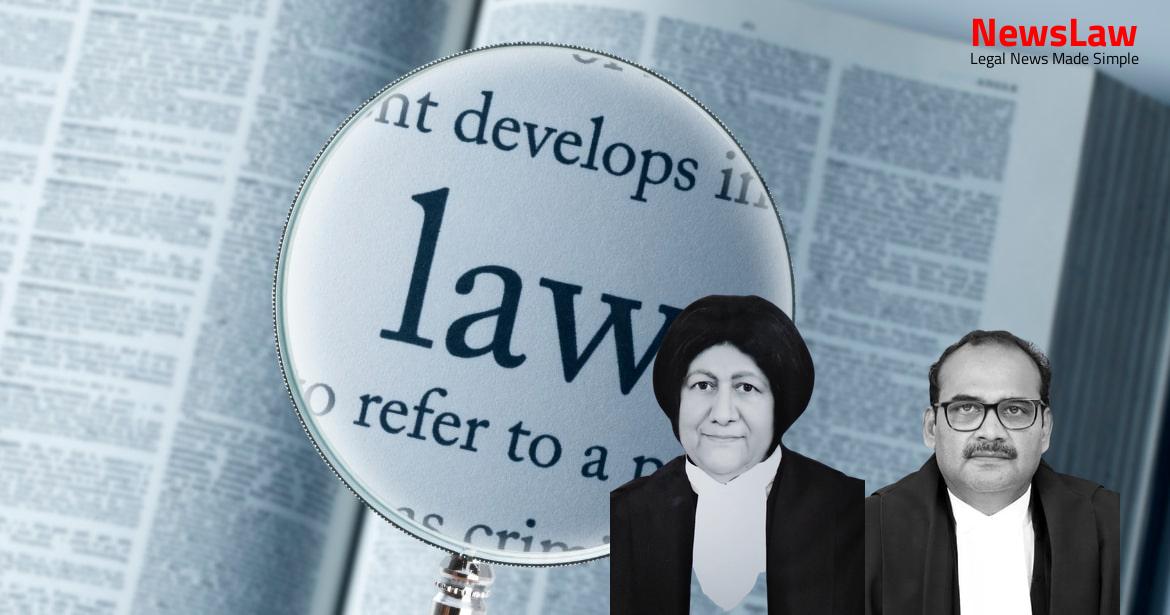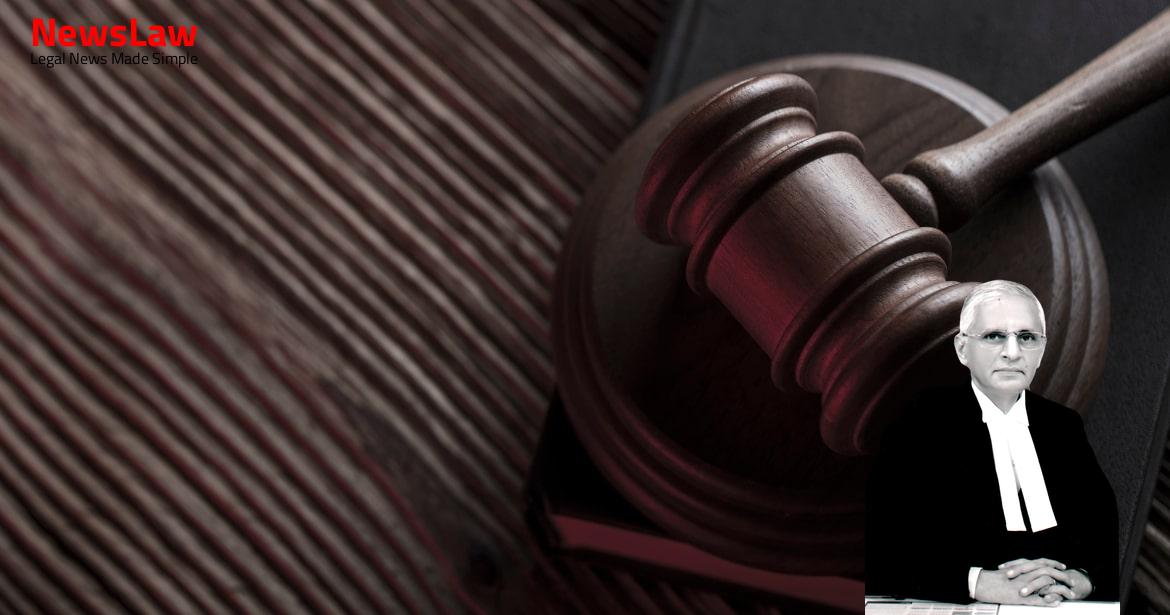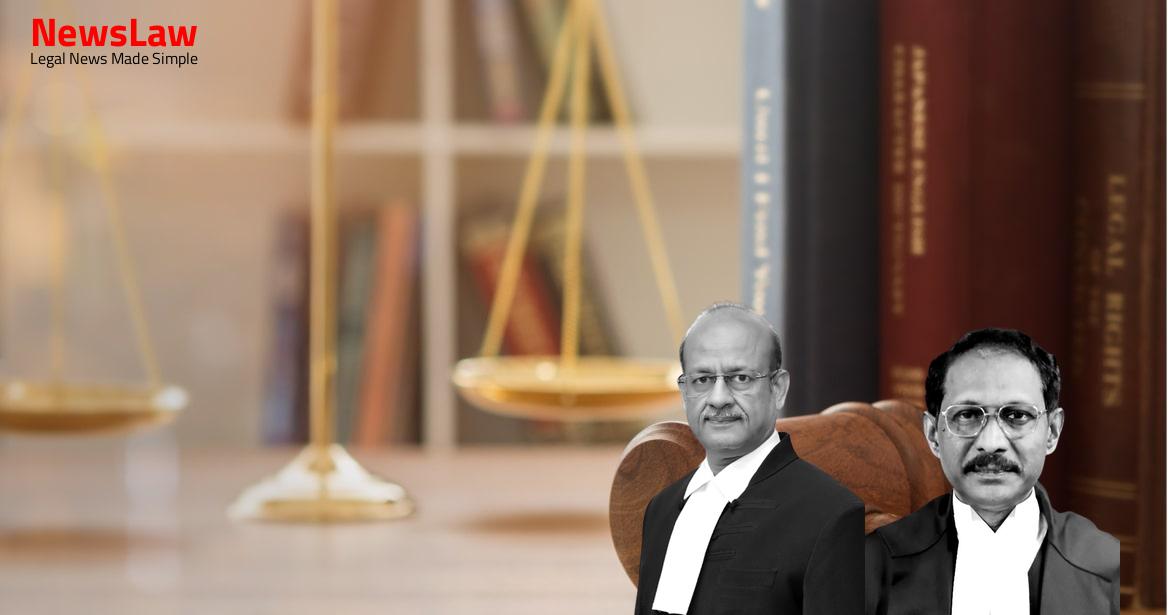In a significant legal development, the Supreme Court of India has delivered a landmark judgment in the matter concerning M/S. SS. Infrastructure. The judgment issued by the apex court is expected to have far-reaching implications in the realm of Indian law. Let’s delve into the details of this crucial case and understand the impact of the Court’s decision.
Facts
- An FIR was registered on 02.04.2019 against Santosh Kumar Choudha for obtaining a contract fraudulently.
- The final report by the investigation agency cited lack of evidence, leading the complainant to file a protest petition.
- The Magistrate ordered further investigation due to serious lapses and defects.
- The High Court of Jharkhand quashed the summoning order and criminal proceedings based on a petition filed under Section 482 of the CrPC by the respondents.
- Allegations in the FIR included offenses under Sections 384, 389, 406, and 420 of the Indian Penal Code.
- Santosh Kumar Choudha sought anticipatory bail, which was rejected by the High Court considering the serious nature of the allegations.
- The summoning order dated 31.01.2022 was issued based on the observed fabrication of documents by the respondents.
- Witness statements indicated that documents were fabricated, leading to the conclusion that the respondents were beneficiaries.
- The Magistrate noted that the informant himself had fabricated documents.
- Despite not being entitled to the tender, Santosh Kumar Choudha was allocated the tender on the basis of false documents.
Also Read: Health and Safety Rights for Workers: State of Gujarat v. Union of India
Arguments
- The State of Jharkhand supports the case of the appellant.
- The investigating agency recorded witness statements mentioning that the appellant demanded money from Santosh Kumar Choudha.
- Santosh Kumar Choudha’s counsel argues the appellant is using criminal proceedings for ulterior motives due to a failed payment attempt.
- The High Court is criticized for quashing the summoning order as no incriminating material was found against the respondents in two final reports.
- The Trial Court is accused of errors in taking cognizance based on case diary statements and judging the appellant’s criminal antecedents.
- The forged experience certificate was submitted by the appellant, making it unlikely for anyone else to fabricate it, thus implicating the accused.
- The Trial court’s role is clarified as examining prima facie case, not appreciating evidence at the summoning stage.
- The L1 bidder must submit hard copies of all e-portal documents, highlighting a flaw in the accused’s defense.
- The State of Jharkhand defends the Trial court’s well-reasoned order for taking cognizance.
- Sandhya Choudha is a sleeping partner, and Rajeev Choudha resigned as a partner of M/S. SS. Infrastructure before the tender submission, indicating minimal involvement.
- Bald averments are claimed to be made to involve them in the case.
Also Read: Interpretation of Drawer Liability: Company vs. Authorized Signatory
Analysis
- The High Court exceeded its jurisdiction by delving into an aspect not warranted and conducting a mini trial.
- At the stage of discharge or quashing of criminal proceedings, the court has a limited jurisdiction to determine if sufficient material is available to proceed with the trial.
- Complicity in forgery is a disputed question of fact requiring proper evidence evaluation in a trial, not during the initial stages with summons served.
- The use of forged documents led to obtaining the tender, with the ultimate beneficiary being Santosh Kumar Choudha.
- Despite presenting forged documents, no objection was raised against the work completed, resulting in the Government paying the due amount to Choudha.
- The court considered the submissions of both parties.
- It was argued that the evidence presented was insufficient to establish guilt beyond a reasonable doubt.
- The court examined the evidence and found it to be strong and convincing.
- The court held that the prosecution had successfully proved the guilt of the accused.
- The defense’s arguments were deemed unconvincing in light of the evidence presented.
- As a result, the court ruled in favor of the prosecution.
- Respondents cannot escape criminal liability just because the appellant was also involved in misconduct
- Having criminal antecedents does not absolve respondents from their alleged criminal actions
- Two wrongs do not make a right
- The present case warrants interference by the Court
Also Read: Land Ownership Dispute: Validity of Sale Deed between Appellant No.1 and Respondent No.1
Decision
- Accused persons to face trial for offences they are charge sheeted for
- Contentions and defences of respective parties kept open for consideration during trial
- Judgments passed by High Court of Jharkhand quashed and set aside
- Matter remanded back to Ld. Judicial Magistrate for trial in accordance with law
- Both appeals allowed
Case Title: DHARAMBEER KUMAR SINGH Vs. THE STATE OF JHARKHAND (2024 INSC 583)
Case Number: Crl.A. No.-003239-003239 – 2024



